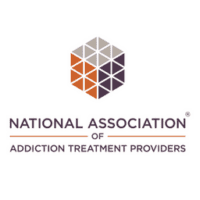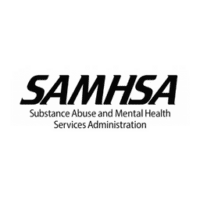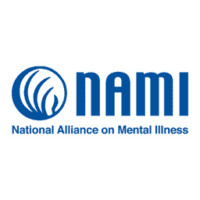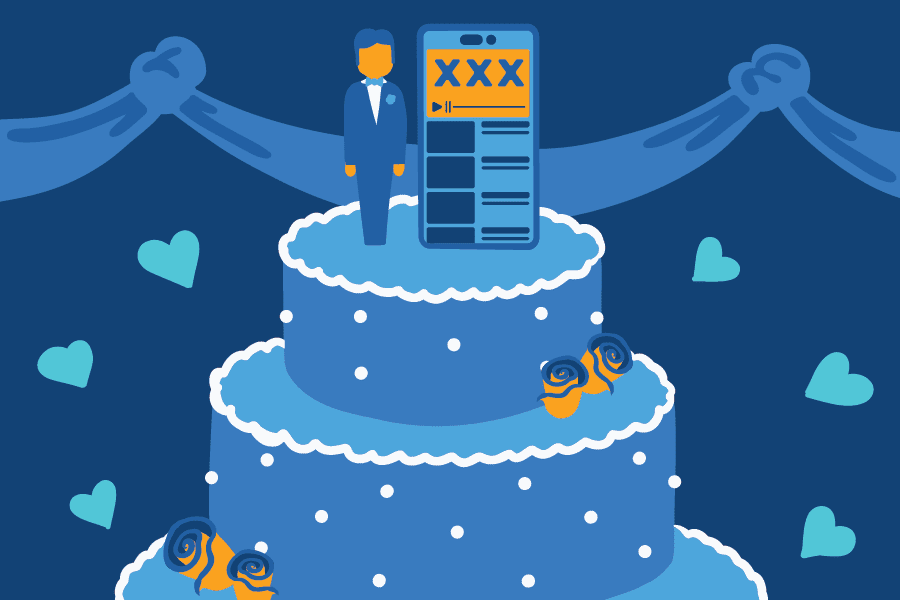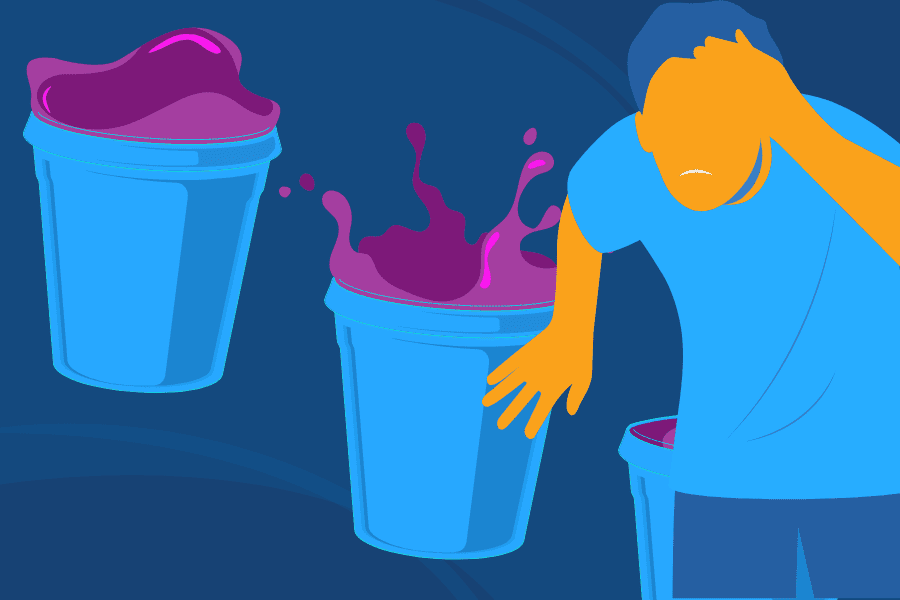What is Crack Abuse?
Crack is a crystalline rock form of cocaine. Because of its extreme addictive properties, it’s considered to be one of the most dangerous drugs available. Crack cocaine reached the peak of its popularity in the ’80s, but it remains relatively common, mainly because of the rapid development of addiction among users.
It’s also still widely used because of its potency, quick-acting effects and relatively inexpensive price point.
The term “crack” actually refers to the sound that the rock form of the drug makes as it’s burned, since crack is often smoked. Crack is sometimes referred to by street names such as gravel, dice, candy, cookies, rocks, jelly beans, nuggets or base.
Effects of Crack Cocaine
When crack is smoked, the lungs immediately absorb the drug, and it enters the bloodstream. As a result, users experience a short-lived, intense burst of euphoria, energy, focus and confidence. But this high wears off within minutes and is quickly replaced by agitation, restlessness and an intense craving for more crack.
Because of this cycle of feeling high and then crashing, users often quickly develop physical dependence on the drug, and the overpowering urge to get more leads to serious complications in many areas of their lives.
Short- and Long-Term Risks of Crack Use
People using crack often display the following behavior patterns in their efforts to obtain more:
- Theft and other forms of crime
- Risky sexual behavior
- Violence and rage
- Abuse
- Missing work or school
- Neglecting relationships
- Neglecting family responsibilities, such as children
Beyond these effects, crack has serious effects on users’ health.
Short-term physical effects of crack
- Increased heart rate, blood pressure
- Elevated body temperature
- Nausea
- Hallucinations, delusions, paranoia
- Extreme anxiety
- Seizures
Lifelong health problems due to crack use
- Heart problems, heart attack, damaged blood vessels
- Stroke
- Brain damage
- Malnutrition, severe weight loss
- Damage to mouth, teeth
- Depression, anxiety
Crack Withdrawal Symptoms
When a person who has developed physical dependence on crack attempts to quit, withdrawal occurs. Symptoms of this include:
- Severe cravings
- Fatigue
- Depression
- Anxiety, irritation, agitation
- Insomnia
How Crack is Used
Teens and young adults typically obtain crack by purchasing it on the street or getting it from friends. They smoke it by putting it into a pipe, heating it and inhaling its vapor. Sometimes users get burns on their lips or hands from the heated pipes.
Signs of Crack Addiction
If you’re concerned that your child may be using crack and they’re displaying several of the following behaviors, it may be time to get help:
- Dilated pupils
- Burns on lips, hands or fingers
- Insomnia
- Excess energy, hyperactivity
- Overconfidence
- Lack of appetite and resulting weight loss
- Twitching
- Nosebleeds
- Mood swings
- Aggression or abuse towards others
- Hallucinations, paranoia
- Failure to maintain relationships
- Missing school or work
- Other risky behavior patterns
- Frequent disappearance (in order to use the drug)
What to do if a Young Person You Know is Using Crack
If you think your teen or young adult is using crack, it’s important to get professional help as soon as possible. Keep these points in mind.
- Many families have been right where you are. Your family can get the help you need – even if you feel like you’ve tried everything before. Effective treatment is available, and it’s entirely possible for your child to stop using and be themselves once again.
- Withdrawal begins quickly. If your loved one is using crack, it’s very likely they’ve developed a physical dependence on the drug. They may become highly irritable, and possibly even violent and paranoid. Again, it’s critical to get professional help for this as soon as possible.
The caring, compassionate team at Sandstone has helped many teens and young adults recover from crack addiction, and they can help your family, too. For more information, call us seven days a week at (888) 850-1890.

We’re available 7 days a week to help answer any questions you may have.
Our Accreditations
